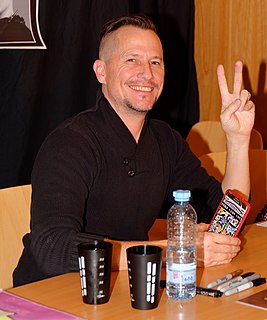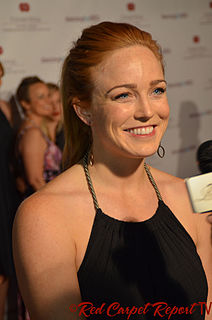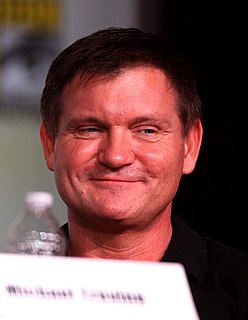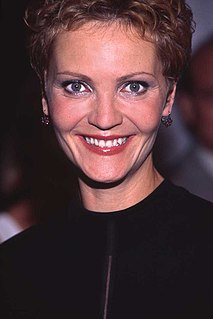A Quote by Mousa Dembele
Related Quotes
I watched as Humphrey Bogart’s character used beans as a metaphor for the relative unimportance in the wider world of his relationship with Ingrid Bergman’s character, and chose logic and decency ahead of his selfish emotional desires. The quandary and resulting decision made for an engrossing film. But this was not what people cried about. They were in love and could not be together. I repeated this statement to myself, trying to force an emotional reaction. I couldn’t. I didn’t care. I had enough problems of my own.
Names generate meaning in a short amount of space — they provoke thoughts, questions. That's something I like doing. Of course, you have to be careful. Sometimes it can alienate the reader, it can be another level of mediation, to make a character carry the great burden of a metaphoric name. The character can be a device before he or she becomes a person, and that can be a bad thing for a writer who wants to offer up a kind of emotional proximity in the work. It's a constant struggle, the desire to be playful and the desire to communicate on some very stark emotional level.
I really feel our job as actors is to find a human experience in the character. So, for me, genre comes second; it's about script and the emotional journey of that character. Genre definitely has an impact, but it has more of an impact on the way the character is expressed. We all have the same core emotions of love, jealousy, rage - it's just how they're expressed.
I don't make movies about issues. This is my same litmus test for all the movies I love: Is it a great character on a great emotional quest with a great emotional need? Do they overcome great emotional obstacles? Is it a fantastic story? I didn't set out to be a political activist. I'm just a human being who's moved by certain things, and if certain things break my heart, I set out to fix them.
When I read something, first I have an instinctual, emotional response to it. But of course, acting isn't only just feeling an instinct for what's going on in the moment with the character. You have to be able to carve it out and consider, follow, and create the whole journey that the character you play is going through.




































